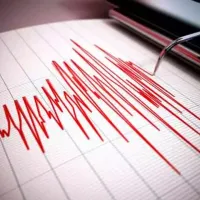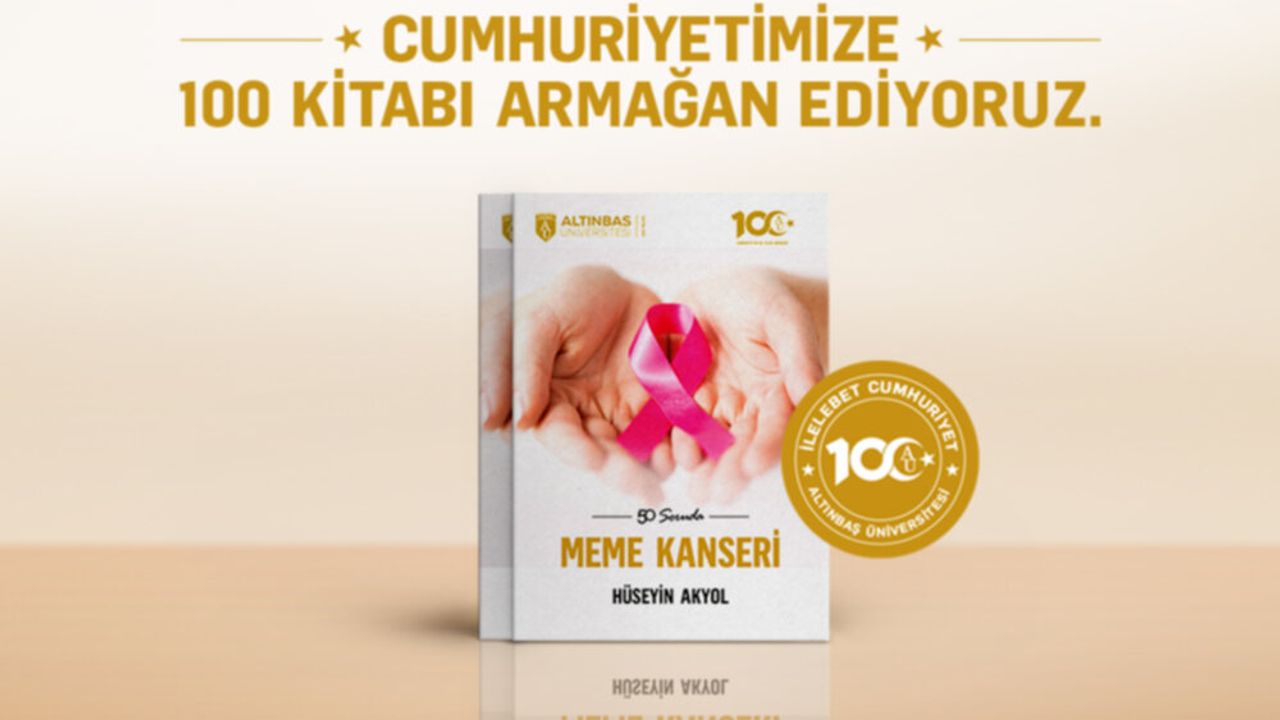For this reason, every year in October, awareness raising activities for breast cancer are held around the world. Dr. Altınbaş University is one of the 100 book series published in commemoration of the 100th anniversary of our Republic. He touched upon the most important issues that need to be known with the book "Breast Cancer in 50 Questions" prepared by Hüseyin Akyol. Giving information about the content of the book, Altınbaş University Faculty of Medicine faculty member, Dr. Hüseyin Akyol stated that according to the latest data shared by the World Health Organization for 2020, 2.3 million women worldwide were diagnosed with breast cancer. Dr. said that 685,000 deaths due to breast cancer were recorded. Hüseyin Akyol announced that one in every four women with cancer in our country has breast cancer.
Altınbaş University Faculty of Medicine faculty member, Dr. evaluates global breast cancer control as a gender equality and human rights issue. Akyol said, “Women play central roles in society. “Protecting women from breast cancer also protects their families, communities and the economy as a whole.” said. He stated that more than 70% of breast cancer deaths occur in individuals under the age of 70, and that it also affects low- and middle-income countries more.
“One in every 8 women will get breast cancer in their lifetime.”
Dr. Hüseyin Akyol noted that the risk of developing breast cancer depends on factors such as advancing age, obesity, alcohol consumption, family history of breast cancer, radiation exposure, reproductive history and hormonal history, and tobacco use. Dr. According to Akyol, the burden of breast cancer can be reduced by early diagnosis and treatment before any symptoms occur.
“Breast cancer may not cause symptoms until it is in advanced stages.”
Early diagnosis increases the success of treatment and the person's chance of survival. The most important factor is that the person is conscious about this issue. Dr. Akyol pointed out that the treatment of breast cancers detected in the early stages is more successful and the patient's quality of life increases significantly. In our country, according to the National Cancer Screening Standards, between the ages of 40-69; He reminded that mammography checks are performed every 2 years for the early diagnosis of breast cancer in women without complaints.
“How should screening and treatment be done?”
Dr. Akyol recommended mammography for both breasts during these scans and, when necessary, breast ultrasound and MRI checks. He pointed out that treatment usually requires radiation, chemotherapy and surgery.
“Poor nutrition and inactivity increase the risk”
Referring to the factors that increase the risk of breast cancer, Akyol explained that women who are not physically active have a higher risk. Stating that malnutrition has a significant impact, "A diet high in saturated fat and devoid of fruits and vegetables may increase the risk of breast cancer." made his determination. He stated that women with overweight or obesity problems are also at higher risk than those of normal weight.
He emphasized that some types of hormone replacement therapy (those containing both estrogen and progesterone) taken during menopause increase the risk of breast cancer when taken for more than five years. “It is known that some oral contraceptives, that is, birth control pills, also increase the risk of breast cancer,” he warned.
Ways to prevent breast cancer in 8 articles
“Give birth before 30 and breastfeed to protect yourself from breast cancer.”
Explaining that birth and pregnancy processes are directly linked to breast cancer, Akyol said, “If a woman's first birth is after 35 or if she has not had a long-term pregnancy, her risk of breast cancer is higher. “Pregnancy may help protect against breast cancer because it pushes breast cells to their final stage of maturation.” Make your evaluation.
Finally, Akyol stated that many factors such as alcohol affect the risk of breast cancer throughout a lifetime and said, “You cannot change some factors such as aging or your family history. "However, you can help reduce your risk of breast cancer by paying attention to your health," he said, and suggested simple but effective methods.
• Maintain a healthy weight.
• Exercise regularly.
• Do not consume alcoholic beverages.
• Eat healthy
• Give birth before age 30.
• Breastfeed your children.
• If you have a family history of breast cancer or if you have inherited changes in your BRCA1 and BRCA2 genes, talk to your doctor about other ways to reduce your risk.
• Staying healthy throughout your life will reduce your risk of developing cancer and increase your chances of surviving it if it occurs.


































